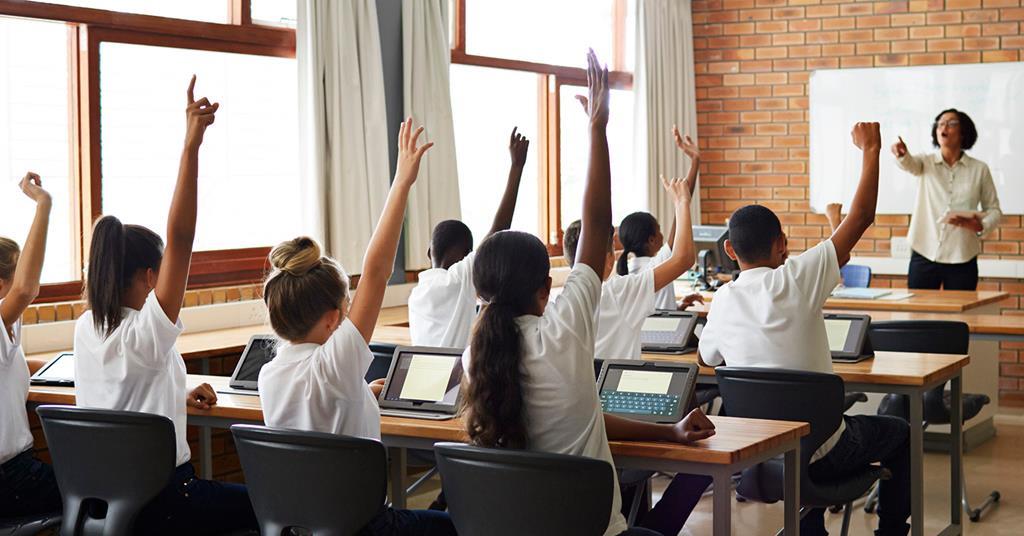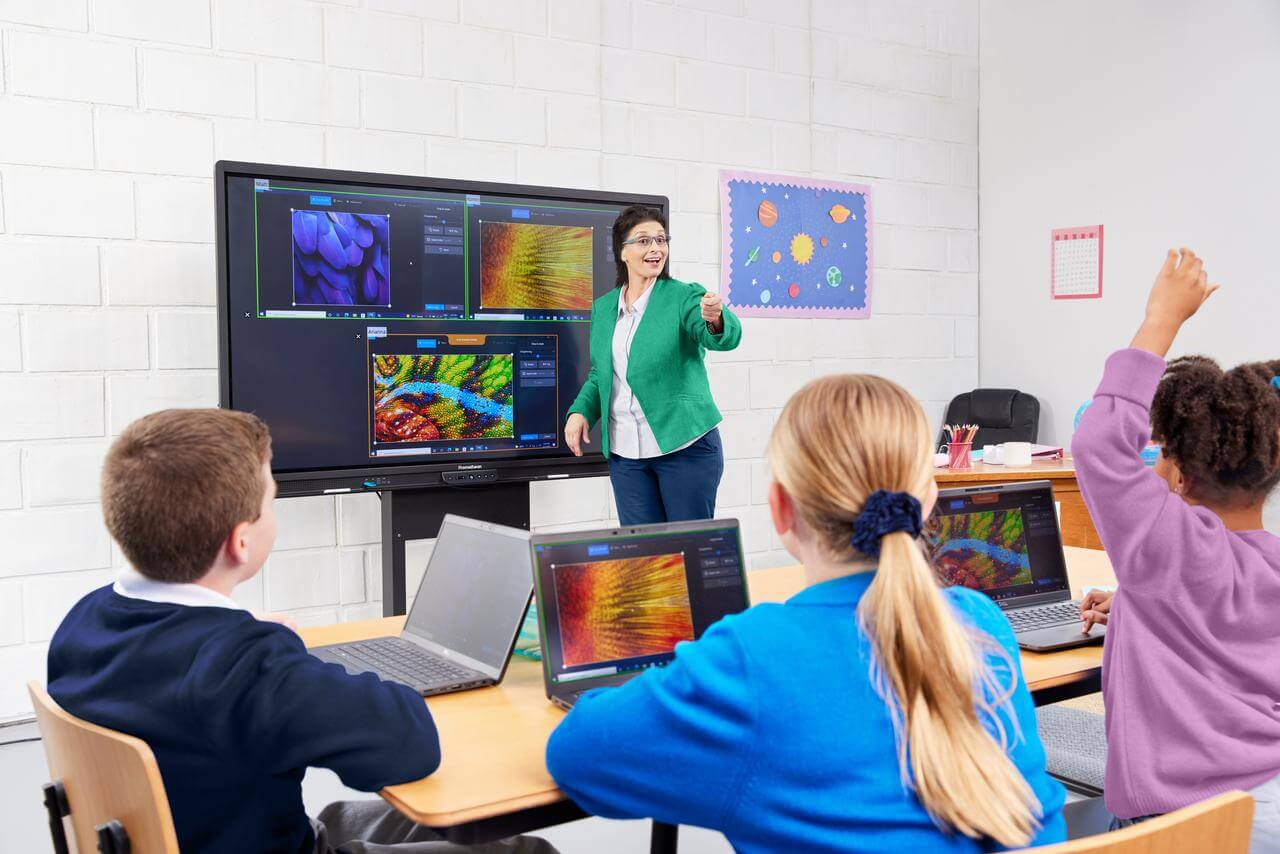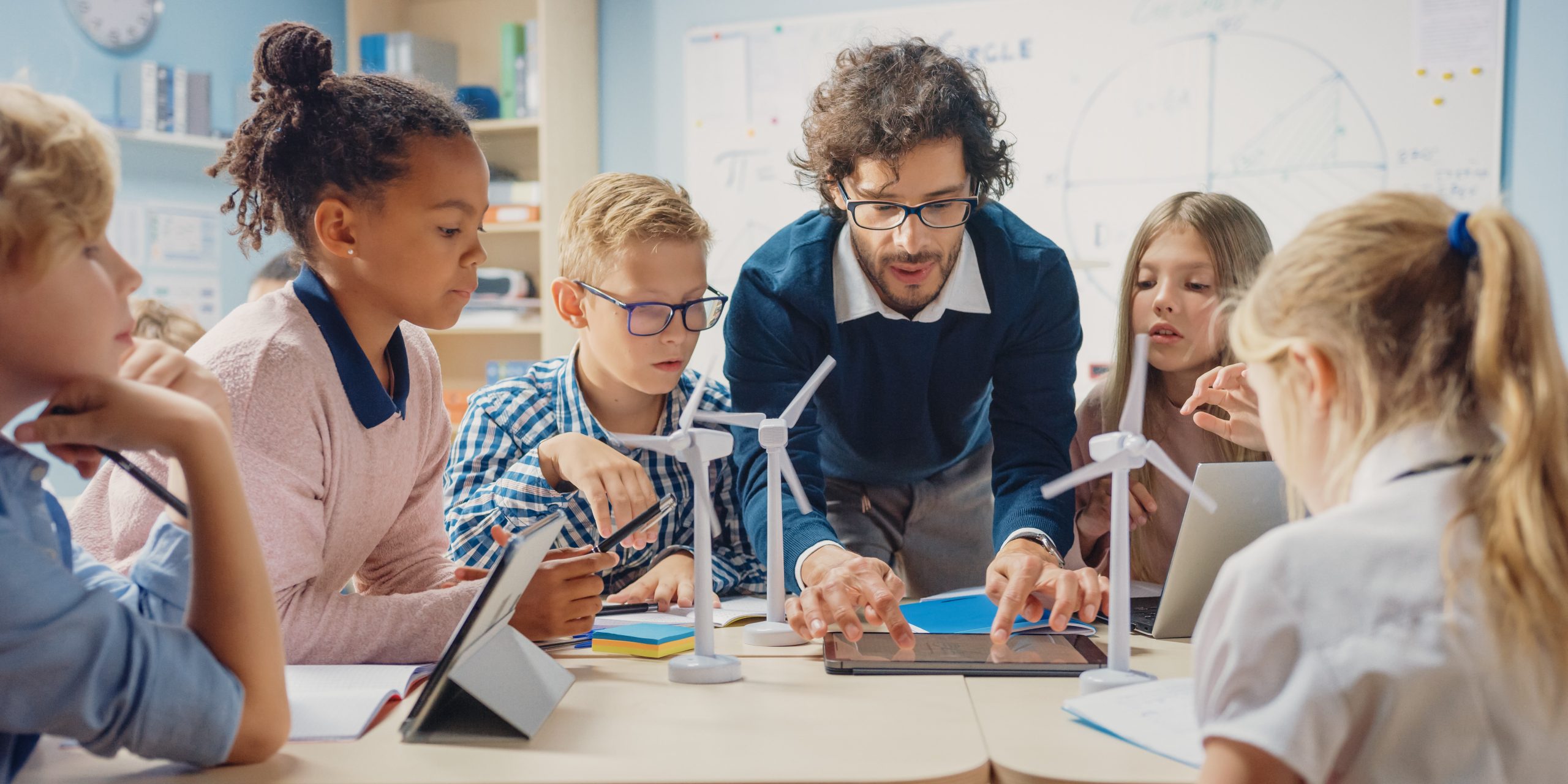Checking Out the Different Teaching Approaches in Primary Science Education And Learning Today
Inquiry-based knowing, hands-on experiments, and the assimilation of innovation are redefining how teachers involve young minds. Furthermore, joint techniques and set apart direction are being used to cater to the varied needs of pupils, improving both engagement and understanding.
Inquiry-Based Discovering
Inquiry-Based Learning (IBL) is an instructional method that urges trainees to discover scientific concepts with wondering about, investigation, and hands-on trial and error. This technique highlights the duty of students as energetic individuals in their understanding, advertising essential reasoning and analytic skills. By engaging with real-world concerns, trainees come to be motivated and curious, which boosts their understanding of scientific principles.
In IBL, teachers function as facilitators, leading students as they navigate their inquiries instead than supplying details straight. This student-centered approach permits distinction, suiting numerous finding out paces and styles. Trainees create skills in formulating theories, making experiments, and assessing information, which are vital for clinical proficiency.
In addition, IBL cultivates collaboration amongst pupils, motivating them to share concepts and findings. This cumulative query promotes social skills and a sense of community within the class. The procedure of query urges resilience, as students find out to accept failure as a tipping rock toward understanding.
Hands-On Experiments
Hands-on experiments are a vital component of reliable scientific research education, enhancing the concepts of inquiry-based understanding. These experiments permit trainees to engage straight with scientific principles, promoting a much deeper understanding via experiential discovering. By manipulating products and observing outcomes, young students can understand abstract concepts in concrete means.
Such activities advertise important thinking and analytic skills, as pupils hypothesize end results, conduct experiments, and examine results. This procedure motivates them to ask questions, improve their understanding, and establish a scientific way of thinking. In addition, hands-on experiments can be tailored to diverse knowing designs, making sure that all students have the opportunity to involve meaningfully with the web content.
In addition, hands-on experiments often motivate partnership among peers, advertising teamwork and interaction skills. Operating in groups makes it possible for trainees to share concepts, go over searchings for, and gain from each other, which boosts their total instructional experience.
Incorporating hands-on experiments into the primary science curriculum not only enriches the learning environment but likewise grows a long-lasting rate of interest in scientific research. By proactively taking part in their education, students are more probable to develop a passion for scientific inquiry that extends beyond the classroom.

Technology Integration
Integrating technology into primary science education has become progressively necessary in cultivating trainee involvement and boosting discovering results. Using digital devices, such as interactive simulations, digital labs, and academic software application, supplies trainees with opportunities to explore clinical principles in cutting-edge methods. These sources assist in a much deeper understanding of intricate subjects by allowing learners to imagine and manipulate variables that would certainly be unwise in a conventional classroom setup.
In addition, innovation integration urges customized discovering experiences. Trainees can proceed at their very own pace, revisiting tough ideas through multimedia sources, which provide to different learning designs. This versatility not just supports private growth however likewise grows a feeling of autonomy in students.
In addition, innovation works as a bridge to real-world science, linking pupils with current study and professional contributions. Access to on-line databases and clinical journals expands students' point of views on scientific query and fosters important thinking skills.
Collaborative Discovering
Joint understanding plays a crucial function in main science education and learning by fostering teamwork and communication abilities amongst pupils. This method motivates learners to collaborate, share knowledge, and take part in analytical, which enhances their understanding of scientific principles. website link By participating in team activities, trainees find out to express their concepts, pay attention to diverse viewpoints, and negotiate services, all of which are essential skills in both academic and real-world contexts.

Research suggests that joint discovering can lead to boosted inspiration and interaction in scientific research subjects, as trainees find pleasure in common experiences (primary science tuition Singapore). Additionally, this technique prepares students for future collective undertakings, equipping them with the abilities necessary for efficient synergy in college and specialist environments. Eventually, accepting collaborative discovering in primary science education can significantly enrich the knowing experience and advertise a much deeper understanding of clinical questions
Separated Guideline

Differentiated instruction can manifest in various ways, such as varying the material, processes, or products of understanding. Educators may use tiered assignments that provide differing degrees of intricacy, enabling students to function at their corresponding preparedness levels. In addition, adaptable grouping techniques can help with collaboration amongst trainees with different capacities, cultivating peer discovering.
Evaluation plays an essential duty in this strategy, as it educates direction and assists educators recognize each trainee's distinct needs. Developmental analyses, such as monitorings and tests, can assist teachers in changing their techniques to boost discovering end results. primary science tuition Singapore. Eventually, by implementing set apart direction in primary scientific research education, instructors can grow an extra efficient and fair knowing setting, empowering all pupils to reach their complete capacity in recognizing clinical sensations
Conclusion
In recap, the varied mentor techniques in primary science education, consisting of inquiry-based knowing, hands-on experiments, technology assimilation, collective discovering, and set apart direction, collectively add to a much more reliable learning atmosphere. These techniques advertise essential thinking, problem-solving skills, and a much deeper understanding of clinical web link principles. By applying these strategies, educators can create supportive and engaging classrooms that address the varied needs of students, inevitably cultivating a long-lasting passion in scientific research and improving academic accomplishment.
Inquiry-Based Knowing (IBL) is a pedagogical approach that urges pupils to discover clinical concepts through wondering about, examination, and hands-on testing.Collective knowing plays a vital role in key science education by cultivating synergy and communication skills amongst trainees.Research study indicates that joint discovering can lead to enhanced motivation and involvement this in scientific research subjects, as pupils locate satisfaction in common experiences.In promoting an inclusive knowing atmosphere, separated instruction arises as a crucial strategy to suit the diverse requirements and abilities of pupils in primary scientific research education and learning. Eventually, by applying separated instruction in main scientific research education, instructors can cultivate an extra effective and equitable understanding setting, encouraging all students to reach their complete capacity in comprehending clinical phenomena.